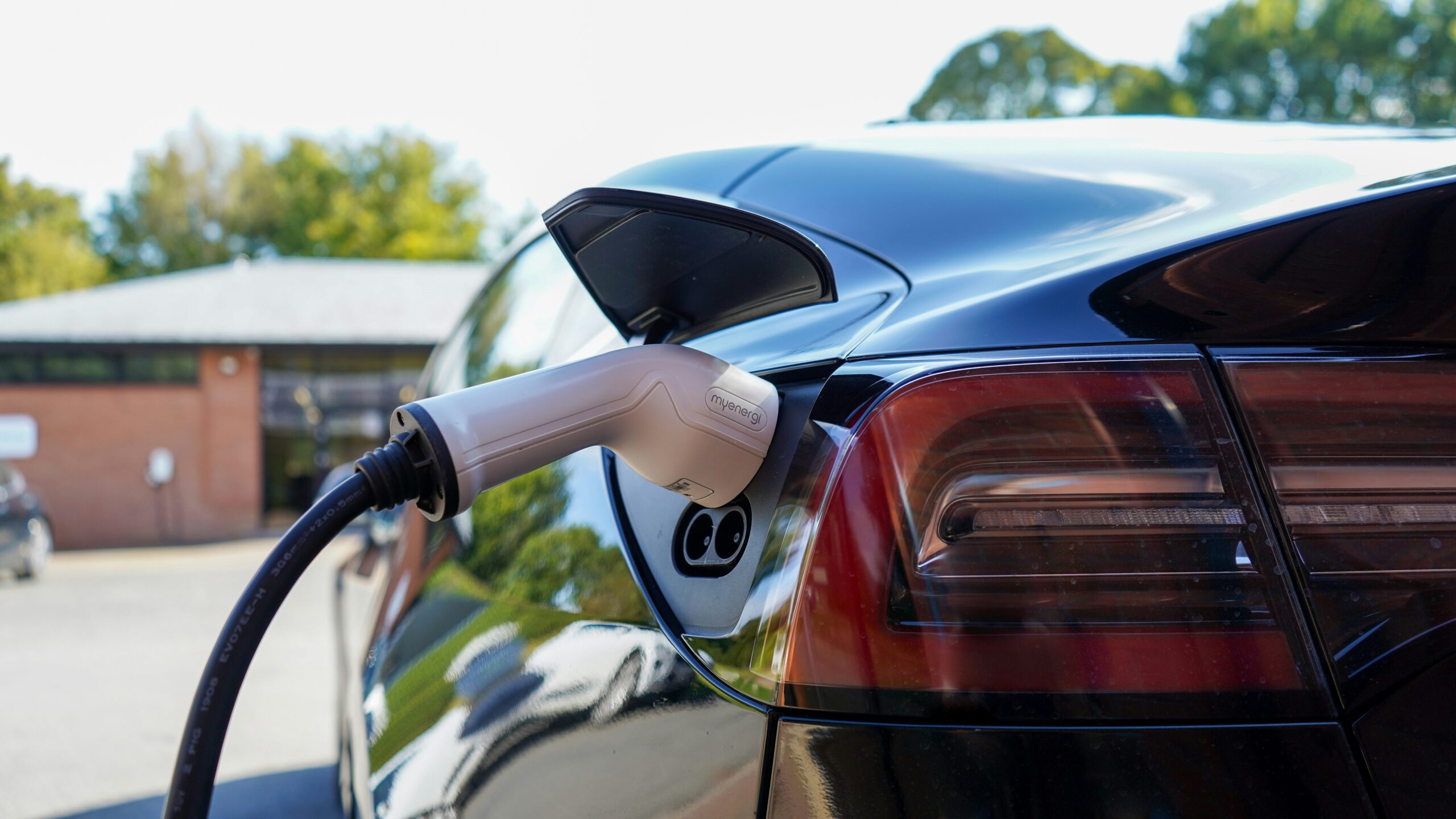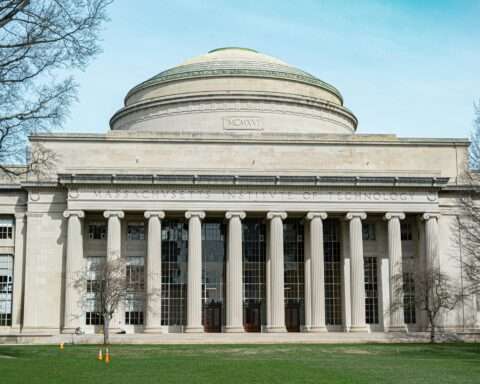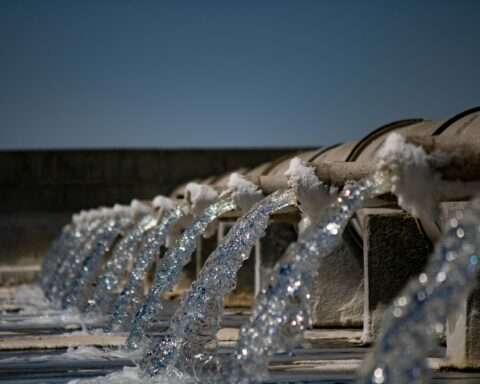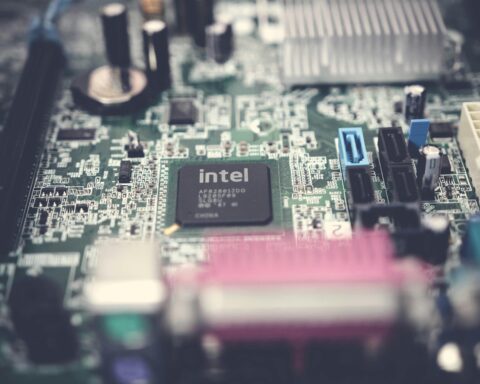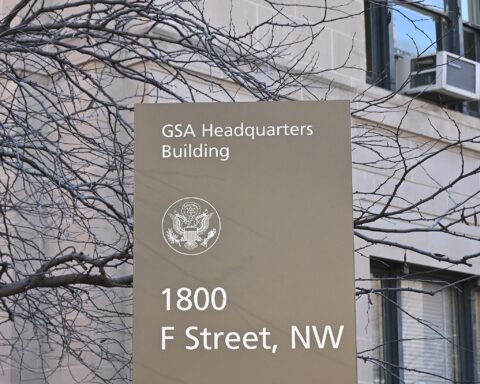The U.S. Department of Transportation (USDOT) is making $521 million in grants available to increase electric vehicle (EV) and alternative-fueling infrastructure across the country. Projects in 29 states, eight federally recognized tribes and the District of Columbia will receive awards to develop a convenient, affordable and reliable network of EV chargers so drivers can charge wherever they are.
“This investment puts public dollars in the hands of states, tribes and communities to build a more accessible national charging network,” U.S. Secretary of Energy Secretary Jennifer Granholm said in a press release. “It will deliver good paying local jobs while giving Americans more transportation options no matter their geography or income and allow those looking for a new vehicle to more confidently take advantage of tax credits to purchase new and used EVs.”
Funding comes from the $2.5 billion Charging and Fueling Infrastructure (CFI) Discretionary Grant Program, which was established under the Bipartisan Infrastructure. Additionally, the National Electric Vehicle Infrastructure Formula Program has set aside 10% of the award costs.
The $521 million from this round of CFI grants is separated into two award categories: Community projects and Corridor projects.
Community Projects
Forty-one community projects will receive a total of $321 million from the CFI grant program. The projects will use the funding to build out EV charging infrastructure around the country and make it easier for drivers to find chargers.
The city of Milwaukee has been awarded $15 million to install EV chargers at 53 sites around the city. Milwaukee will prioritize community sites in low-to-moderate income areas that currently lack EV infrastructure. This project will also support the city’s climate change and equity goals to make EV charging more accessible, sparking more people to switch from gas to electric transportation.
The city of Chicago will receive $15 million for the Charge Up Chicago project. Funding will be used to integrate more EV charging stations into underserved and disadvantaged communities, develop community strategies and conduct workforce training in areas where there’s a lack of EV infrastructure investments. The city will work with multiple partners to coordinate and develop EV charging infrastructure in low-income communities.
Corridor Projects
The USDOT will distribute $200 million to 10 corridor projects on designated Alternative Fuels Corridors. This round of funding supports the U.S. Department of Energy and USDOT’s joint National Zero-Emission Freight Corridor Strategy, which provides a guide to the deployment of commercial zero-emission medium- and heavy-duty vehicles and infrastructure up to 2040.
The California Department of Transportation will receive $102 million for the West Coast Truck Charging and Fueling Corridor Project. As the largest allocation of awarded funds, the project will develop a multistate network of EV chargers along 2,500 miles of California, Oregon and Washington’s key freight corridors, enabling the emission-free movement of goods from Mexico to Canada along the west coast.
The Maryland Clean Energy Center will secure almost $33.5 million to install 29 charging sites and to address EV infrastructure along its designated Alternate Fuel Corridor. Funds directed to the center will also expand workforce development for apprentices and journeymen that plan to further EV infrastructure. This project supports the Maryland legislature’s mission to advance clean energy and energy efficiency products, services and technologies.
This is the second dispersal of awards delivered by the CFI grant program, bringing the total to 38 states receiving funds for EV-related initiatives. Over 275 applicants applied for the first round of funds, requesting over $2.1 billion for local EV infrastructure.
In response, the second round of CFI funding will deliver an additional $800 million to award recipients. Applications for the second round have been extended and are due by Sept. 11.
“As we build out the EV charging network on our highways, we are also investing in local communities, rural, urban and tribal alike,” U.S. Transportation Deputy Secretary Polly Trottenberg said in a press release. “(These) grants are a critical part of ensuring every American can find a charger as easily as a gas station, which will decrease pollution from our roadways, lower costs for families and help people get to where they need to go efficiently.”
For a full list of award recipients, see the CFI Round 1B grant recipient list online.



